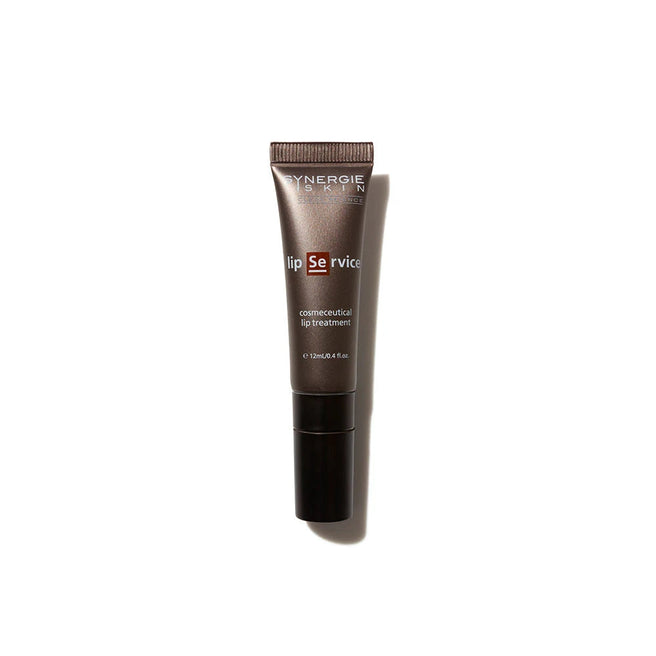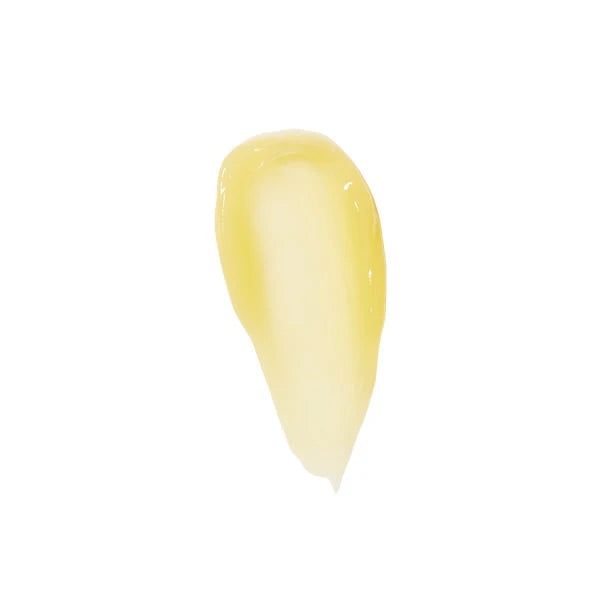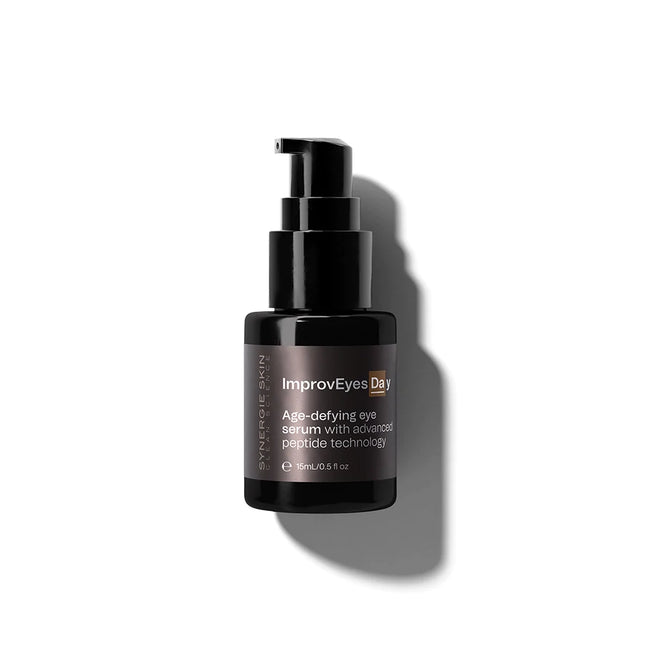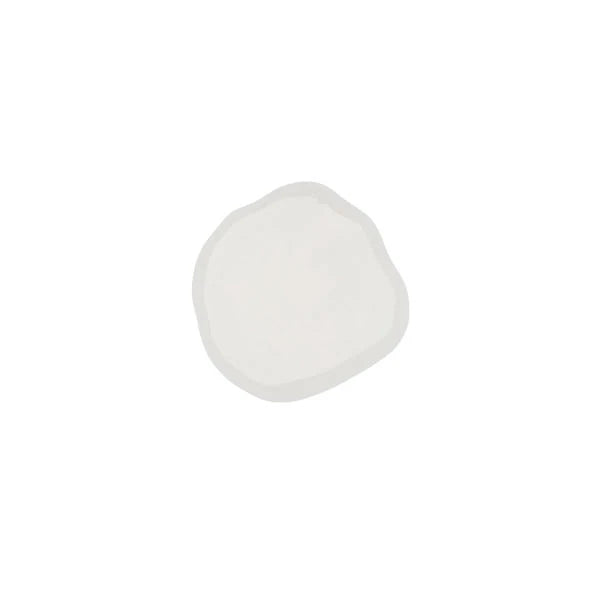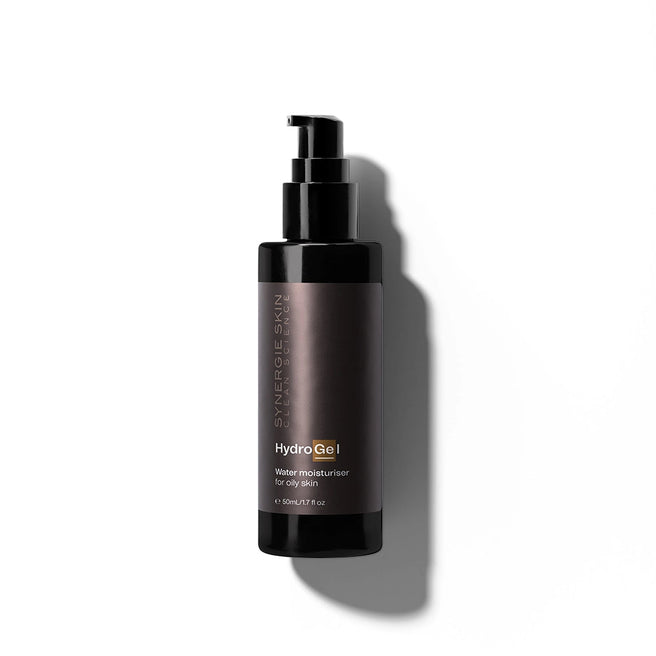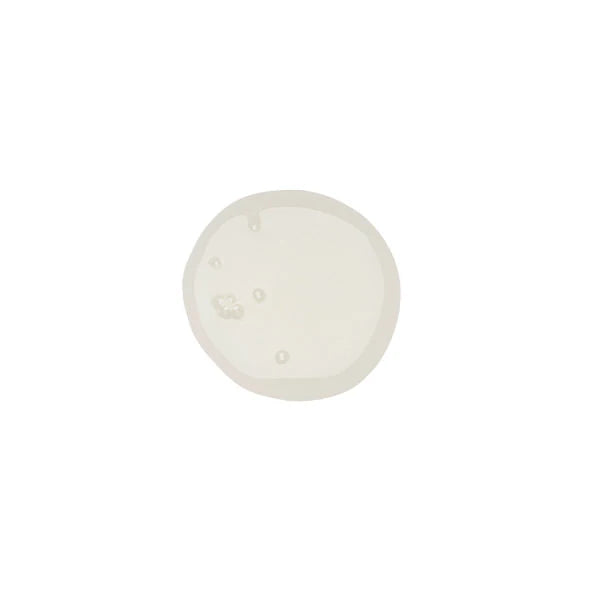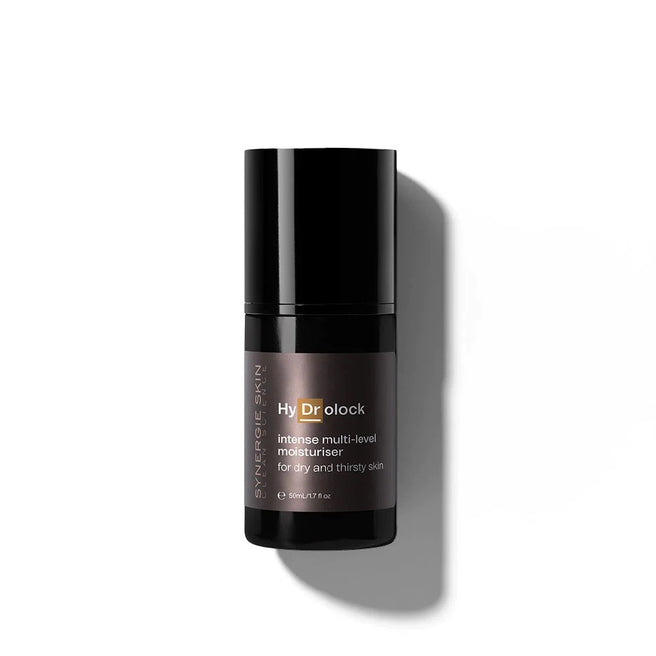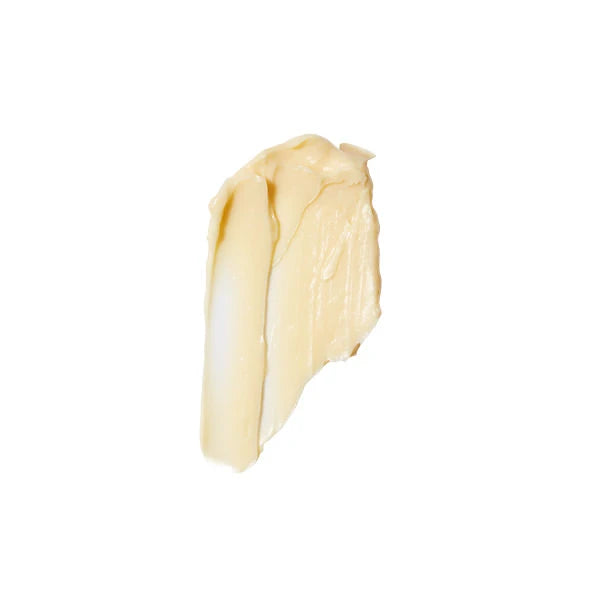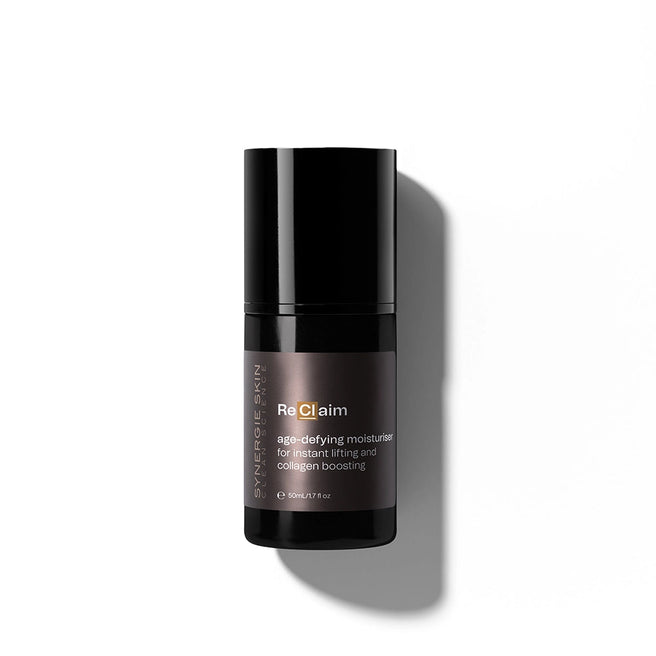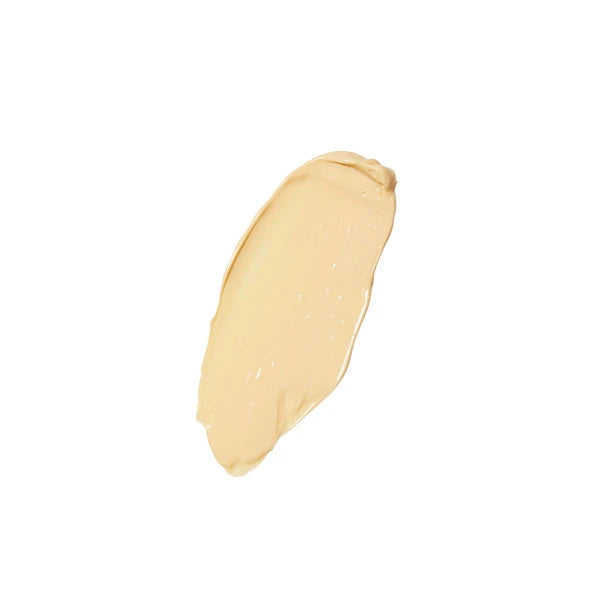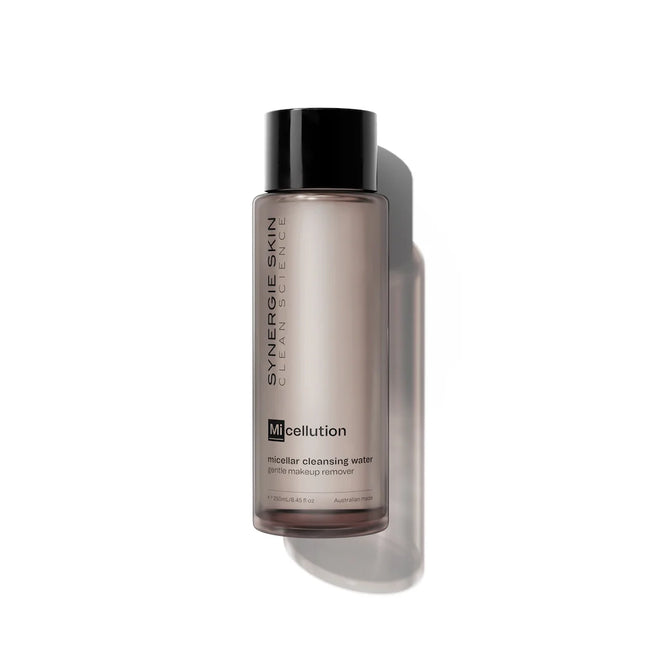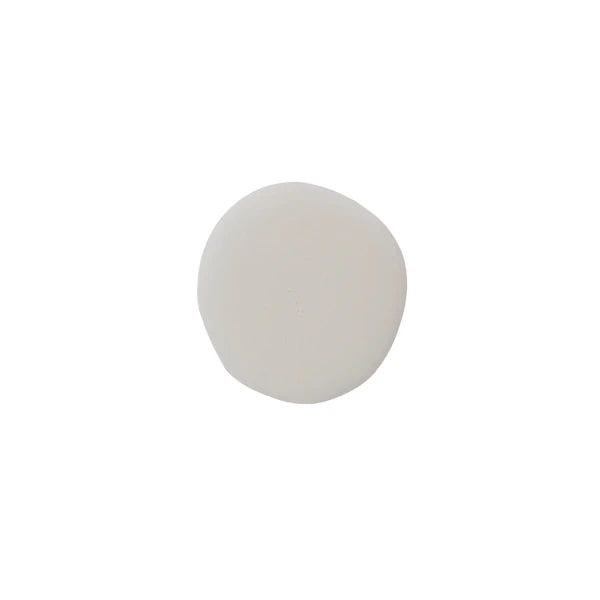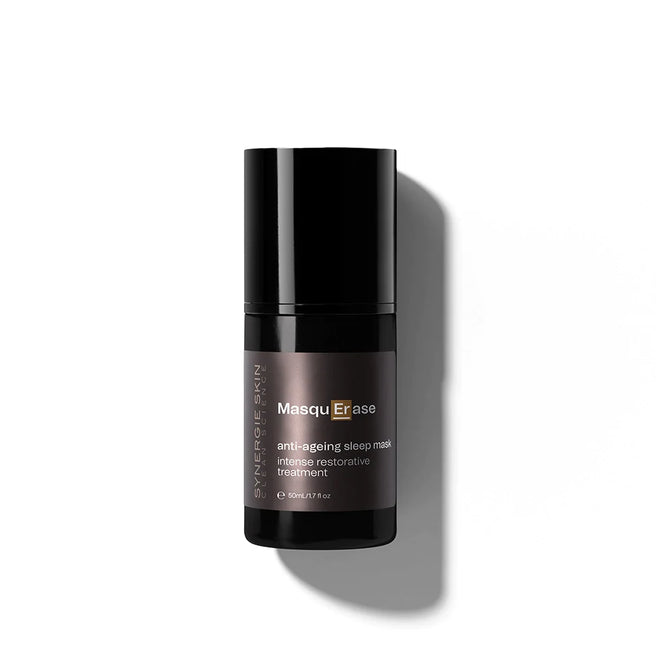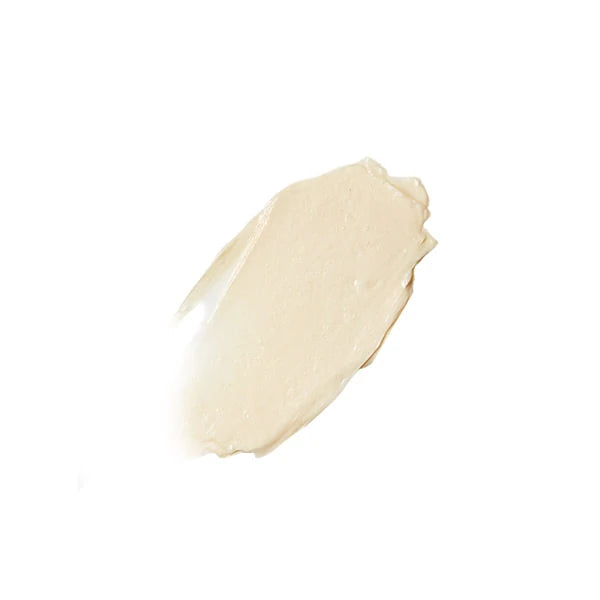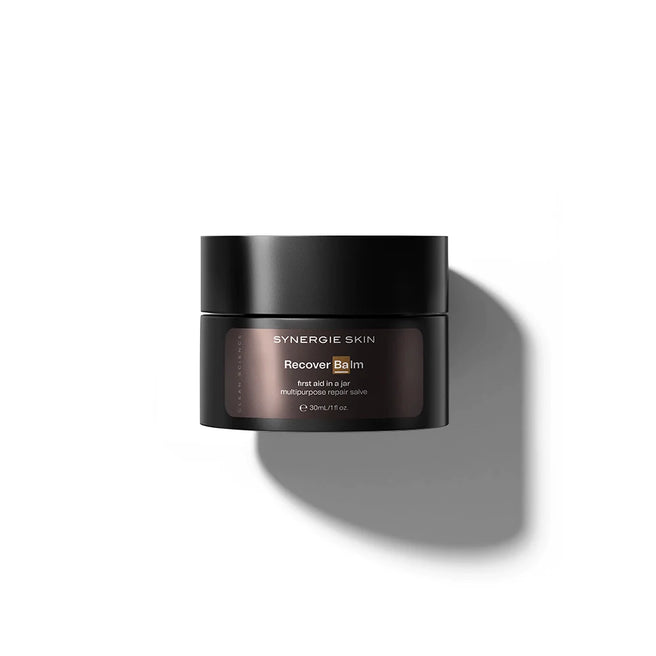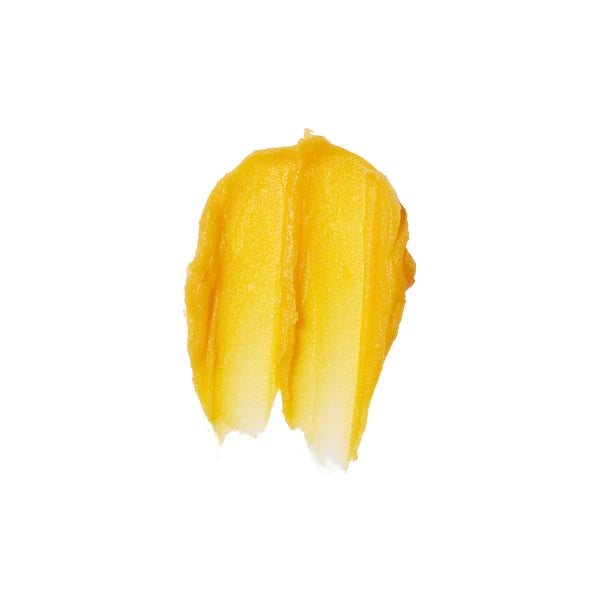I do a lot of travelling with my business and it can really take its toll on my skin. The air inside the cabin of a plane usually has a humidity level of under 20%, which is significantly lower than normal land humidity of between 30-65%. For this reason it is very important to maintain natural hydration levels. Here are my top tips for long haul skin care!

Internal hydration
Always ensure you are hydrated on the plane and never refuse water. Avoid alcohol, cola and coffee as these are natural dietetics which will lead to further dehydration. Eric Rimm, an associate professor of nutrition at the Harvard School of Public Health, tells Health Magazine: "Since there's less water in your blood when you're dehydrated, the concentration of alcohol will be slightly higher, leading to quicker intoxication and increased potential for a hangover." I’d recommend consuming about 250ml of water every hour. This also helps to combats skin puffiness and bloating.
In-flight facial treatment
Travel light and don’t forget to take under 100ml of liquids for international flights.
Lips
- LipService - a hydrating lip treatment will ensure you arrive with plump luscious lips. Your lips are the first place to dry out due to the low humidity
Eyes
- Hydrating eye drops (I like Systane drops). Contact lens wearers should switch to glasses during air travel
- ImprovEyes Day eye serum will add hydration and reduce puffy eyes
- Hint: for an in-the-air eye treatment, soak thin cotton pads in ImprovEyes Day, add a little water and pop your eye mask over the top while you sleep
Facial Hydration
Apply moisturiser every 2-3 hours on long flights. Don’t forget to rub any leftover moisturiser into your hands
- Oily/acne prone skin: HydroGel
- Dry, ageing skin: HydroLock (my personal fave for plane travel)
- Normal skin: ReClaim
Cleansing
- Micellution cleansing water and cotton pads is the perfect way to cleanse in your seat. If you don’t want to carry a travel bottle of Micellution, pre-moisten four cotton pads and pop then in a snap-lock bag.
Nose
- Recover Balm - apply with a cotton bud inside the nose. I know this sounds weird, but I hate that dry nose feeling when I travel! Keeping the nasal lining moist will also reduce the chance of nosebleeds.

Keep moving
Deep vein thrombosis (DVT) is a serious and dangerous concern during long haul flights. Those most at risk include those with circulation problems, diabetes, the aged and those with clotting disorders. Stand up to stretch your legs every hour, and wear compression socks if necessary.
Food
Due to the higher pressure in the cabin you are more likely to experience bloating and digestive problems.
- Avoid carbonated drinks, rich foods or foods that contribute to bloating such as cauliflower, onion and legumes.
- Plane food is pretty average so I like to take my own unprocessed snacks such as nuts, seeds, fresh fruit, veggie sticks and yoghurt.
Hygiene
- Interestingly, it’s not only the dry air in the cabin that can make you ill - it’s the surfaces. Aeroplanes are considered one of the most unhygienic places with airline toilets having exceptionally high levels of E.coli bacteria. The tray tables are also a major source of microbial contamination and even cold and influenza virus. I suggest carrying a sanitising gel and wipe surfaces in your seat area and the bathroom.
- Baby wipes are so handy for all types of travelling. A few wipes will freshen you up when you don’t have access to a shower. Try to buy ones without the chemical nasties and parabens.
Sleep
This is my biggest challenge for long haul flights. Here are my top travel tips for the best sleep:
- Wear a comfortable eye mask that’s not too tight.
- Use earplugs or noise-cancelling headphones (check for comfort before buying!). Even without music the earphones mute external noise and you will sleep so much better if you can drown out the background noise.
- I actually find those U-shaped neck pillows really uncomfortable! If you shape the seat headrest firmly to the side of your head you will minimise side movement and you won’t wake up with a sore neck.
- Wear really comfy, warm clothes. Girls- no tight jeans, high shoes or uncomfortable underwear. It is not the time to be a style icon
- If you have problems getting off to sleep, try herbal or natural remedies such as valerian.

After the flight
- To reduce the severity of jetlag, try to spend around fifteen minutes in direct sunlight without sunglasses soon after landing.
- Try to adjust to the new time zone if you are staying for more than a few days. I also use low dose (5gm or less) Melatonin before bed to help reset my natural sleep rhythm when switching time zones. Melatonin is a natural body chemical which helps to regulate sleep patterns.
Facial hydration
As a final tip, apply MasquErase as an overnight mask when you first hit your hotel room. This mask is perfect for rebalancing the natural hydration levels and plumping up your skin.




